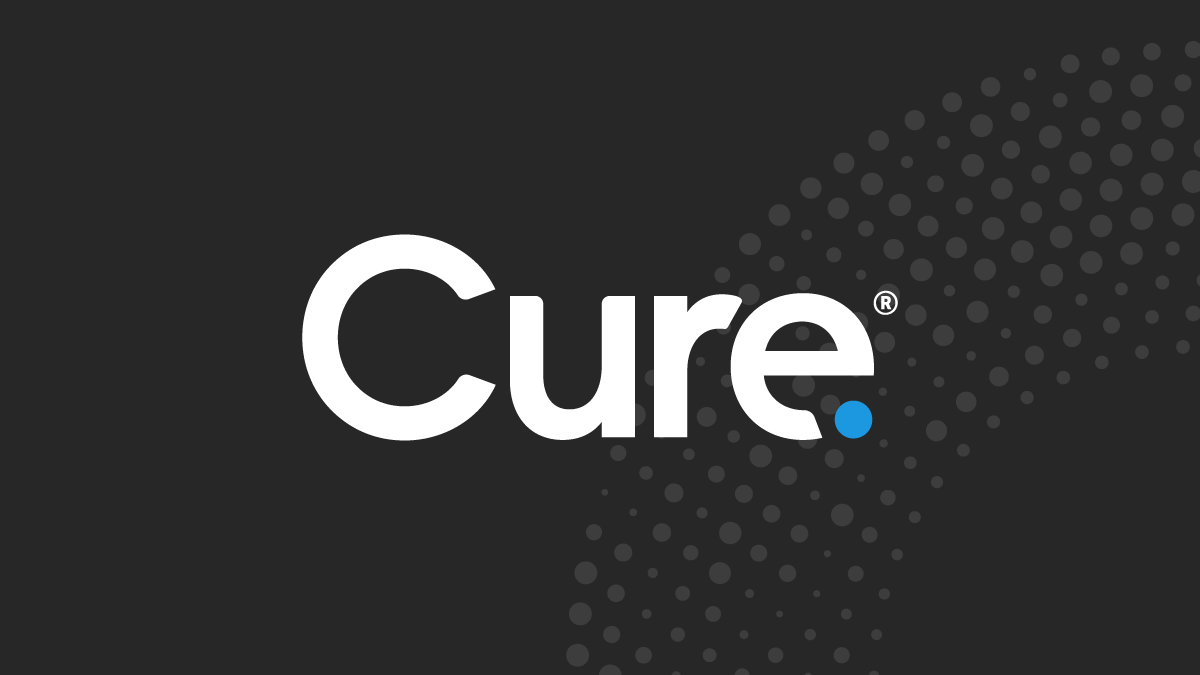
Overview
Mark Michalski, MD, Chief Information Officer of Deerfield Management and CEO of Ascertain, a data innovation company, shares how AI is transforming diagnostics, life sciences, and healthcare operations, and why founders can’t afford to ignore it.
Artificial intelligence isn’t optional anymore for healthcare innovators, says Mark Michalski, MD, Chief Information Officer of Deerfield Management and CEO of Ascertain, a healthcare automation company. In Cure’s Concept to Cure video series, Michalski explains how AI is transforming diagnostics, life sciences, and everyday healthcare operations—and why founders who ignore it risk being left behind.
“You’re a first-time founder,” Michalski says. “If you’re not using artificial intelligence and your team isn’t, then I think that you’re at risk of being outcompeted. This technology really isn’t one that you can ignore.”
View the entire second lesson of our Concept to Cure course: The Healthcare Founder's AI Handbook. All lessons available exclusively to Cure members.
How AI Is Transforming Healthcare
Michalski outlines the expanding role of AI across multiple areas of medicine. In diagnostics, he says, AI is already detecting subtle findings on imaging exams and assessing how tumors have changed over time. It is also being used to detect indicators of Parkinson’s and Alzheimer’s in speech—potentially identifying these conditions earlier than ever before.
Healthcare, he notes, is producing data at an unprecedented rate—“doubling the amount of data that we have every 12 to 24 months, faster than almost any industry.” Artificial intelligence, he says, makes it possible to interpret this complexity. “Artificial intelligence can scope all this complex multi-omic data and finally deliver on the promise of prognostic medicine.”
AI is also starting to streamline daily clinical tasks. According to Michalski, it can already assist with scheduling, billing, and managing physicians’ growing volume of asynchronous patient messages.
RELATED: AI Is Quietly Solving One of Biotech’s Hardest Problems: Rare Disease Detection
A Growing Role in Life Sciences and Manufacturing
In life sciences, Michalski describes how AI can now “imagine new therapeutics.” For companies that already have a therapeutic target, AI can be used to optimize drug candidates for that specific target.
He also points to areas where AI can improve the efficiency of large pharmaceutical companies, particularly in manufacturing and quality assurance. “Visualizing aspects of a cell culture that may relate back to quality, as well as processing all the documentation and CMC and those kinds of technologies,” he says, “are low-hanging fruit for innovators who are looking to make big impacts in pharmaceuticals.”
RELATED: Where AI Is Winning in Healthcare—and What Startups Need to Know
Regulatory Clarity and the Road Ahead
Today, Michalski notes, there are “over a thousand regulated products that use artificial intelligence—that’s software as a medical device.” Guidance from the FDA and other regulators has improved in recent years, helping innovators adopt AI safely. “There’s never been a better time to do it,” he says, emphasizing that regulatory agencies “are starting to understand the potential of the technology and are balancing that against the risks of not adopting it.”
He also sees robotics as a major frontier, driven by reinforcement learning and sensor data. “We’re starting to see a lot of android kinds of technologies emerge,” he says, and believes this progress will “have impacts across many different industries.”
Concept to Cure Video Series
We are proud to introduce Concept to Cure, our 12-part video series built for healthcare founders and operators turning breakthrough ideas into real-world impact.
Across these expert-led lessons, biotech CEOs, venture investors, and policy leaders share the frameworks and hard-won lessons that move innovations from early concept to clinic and beyond.
From validating your market and building investor-ready business models to navigating FDA approvals, scaling commercialization, and leading high-performing teams, each episode distills the practical insights entrepreneurs need most.
Concept to Cure lessons are available exclusively to Cure members.








